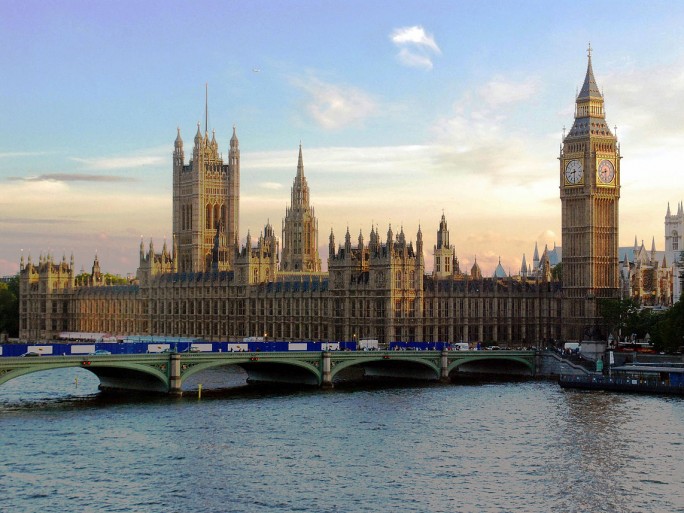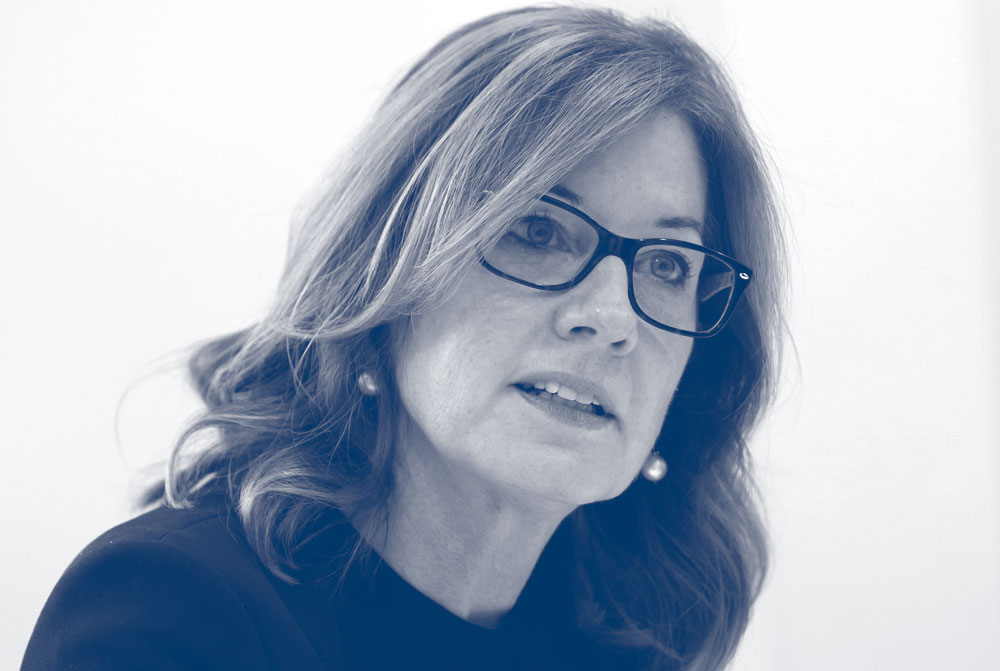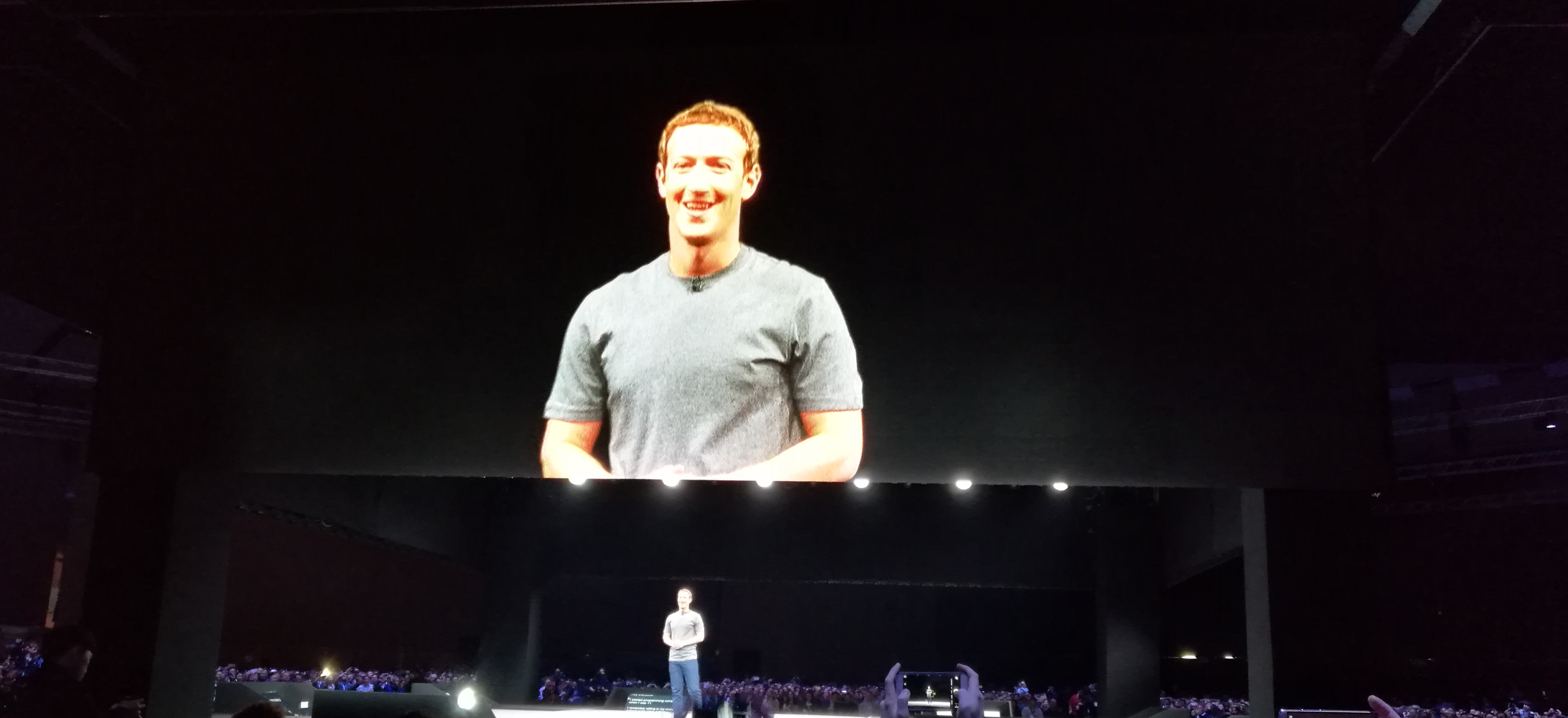Information Commissioner Calls For Regulation Of Social Media

A new regulatory body is needed to police social media firms’ ‘very disturbing’ use of personal data for political purposes, Elizabeth Denham tells Parliament
The information commissioner has lambasted the “disturbing disregard” for the personal privacy of voters demonstrated by Facebook, Cambridge Analytica and other firms, saying that their practices require a new regulatory model to be brought in.
“The time for self-regulation is over. That ship has sailed,” information commissioner Elizabeth Denham told a parliamentary inquiry into online misinformation.
In October, the Information Commissioner’s Office (ICO) fined Facebook £500,000, the maximum under applicable data protection laws, for its part in passing data on 87 million users to Cambridge Analytica, which used it during the 2016 US presidential campaign.
Denham said the ICO’s investigation was “unprecedented” in its scale, cost and complexity, involving the analysis of 700 terabytes of data, the equivalent of 52.2 billion pages.

Business model contradiction
She told MPs she was “astounded” by the amount of data held on individuals by companies such as Facebook and Cambridge Analytica, data brokers and political parties.
On Tuesday the ICO said its investigation had uncovered broader issues at Facebook regarding how the firm targets, monitors and displays advertisements to its users, and has passed its concerns to the Irish data regulator for further inquiry.
Ireland is Facebook’s lead regulator under European data protection law.
Denham told Parliament that while Facebook has brought in a certain amount of increased transparency since then, any real privacy improvements would require Facebook to “significantly change its business practices”.
“There is a fundamental tension between its business model and the protection of the privacy of users’ data,” she said.
“We have seen some evidence on the voluntary side of Facebook being more transparent, things like the provenance of political ads, but I think they need to do more and I think they should be subject to stricter regulation and oversight,” Denham added.
While Denham stopped short of saying Facebook chief executive Mark Zuckerberg should come to the UK to answer Parliament’s questions, she did say it would be “very useful” for Zuckerberg to speak to MPs.
The UK and Canadian parliaments are holding a joint hearing in Whitehall on the issue of online disinformation at the end of this month.
‘Very disturbing disregard’ for voters
Denham said Facebook had not followed its own rules in ensuring that third-parties who processed users’ data had deleted the information.
For instance, it set out to obtain signed confirmation from the “heads of organisations” that the data was deleted, but the ICO found “problems” with the authorisations, with some not having been signed.
The ICO also found that Cambridge Analytica had held the user data in question “as recently as spring 2018” in spite of having claimed the information was deleted.
“The follow-up was less than robust and that’s one of the reasons we fined Facebook £500,000,” Denham said.
“The major concern that I have in this investigation is the very disturbing disregard that many of these organisations across the entire ecosystem have for the personal privacy of UK citizens and voters,” she told Parliament.

New regulatory body
Denham called on Parliament to establish the objectives for a new hybrid regulator that would combine the fields of expertise of Ofcom and the ICO.
That regulator should then draw up a code of practice to be followed by online companies, she said.
“No country has tried this yet,” she said. “It’s quite controversial and the need to balance freedom of expression with the harms of the internet is hard.”
She also called for an “ethical pause” to reconsider how political advertising should be carried out.
Damian Collins chair of the parliamentary committee on digital, culture, media and sport (DCMS), said: “On Facebook, I welcome the information commissioner’s comments that the platform needs to change and take much greater responsibility, and her call for Facebook to be subject to stricter regulation and oversight.
“It is noted that she thinks it would be ‘very useful’ for Mark Zuckerberg to appear in person to answer questions from my committee.”
Personal data and politics
A Europe-wide survey released on Tuesday found that more than two-thirds of Europeans were concerned about the potential use of their personal data to form political messages.
“In our online world, the risk of interference and manipulation has never been so high,” said EU justice commissioner Vera Jourova at the Web Summit conference in Lisbon. “The Cambridge Analytica case has been a wake-up call that sent shockwaves through our democratic systems.
“It is time to address non-transparent political advertising and the misuse of people’s personal data.”